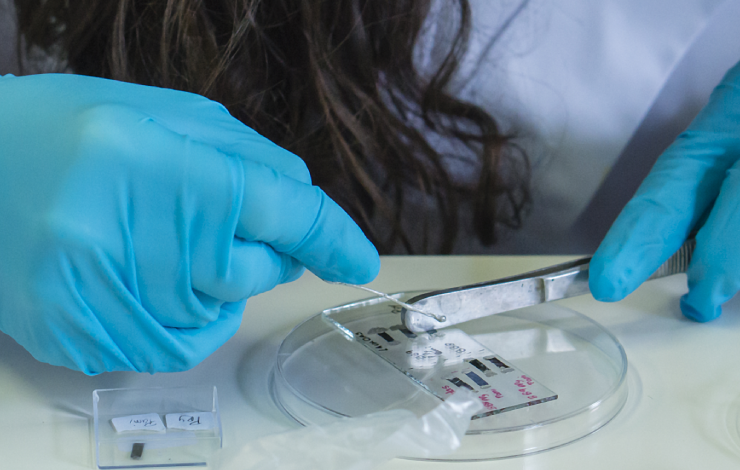12-06-2023

In the last call of the Seed Grant of the MIT Portugal Program, two projects led by professors and researchers from the Department of Materials Science (DCM) of NOVA FCT, were approved and granted 100 thousand dollars to develop their work during 15 months.
The MIT Portugal Program (MPP) is a strategic international partnership between MIT, Portuguese universities and research institutions, the Portuguese government, as well as partners from industry and other non-academic bodies, with the goal of fostering collaborative research. The seed grants are designed to encourage such collaborations and to generate new ideas and advance research both in Portugal and at MIT. The funding now conquered will allow the development of two projects in the area of "Digital Transformation in Manufacturing".
"Integrating modern tools for materials simulations into solidification models for additive manufacturing and welding", a project led by João Pedro Oliveira, from DCM, will develop new multiscale simulation tools (nano, micro and meso) to predict microstructural evolution during the solidification of metals during welding or fusion-based additive manufacturing processes. These tools will be validated through several microstructural characterisation techniques in order not only to better control the process parameters, but also the mechanical and/or functional response of the materials produced. The work will be carried out in collaboration with Professor Rodrigo Freitas, from MIT.
Ana Baptista, also from DCM, coordinates the project "Modernizing photovoltaic textiles for scalability and wearable applications" in collaboration with Professor Joseph Paradiso, from MIT. This research aims to use inkjet printing, an affordable technique widely used in the textile industry, to manufacture photovoltaic cells on large textile surfaces and allow the production of photovoltaic textiles, whose solar energy can be harnessed in new ways, such as in bags, cloths, curtains, tents, sails or building tarpaulins, to be more economical and sustainable. This technique will help modernise the Portuguese textile industry and promote sustainability, or even ecotourism.